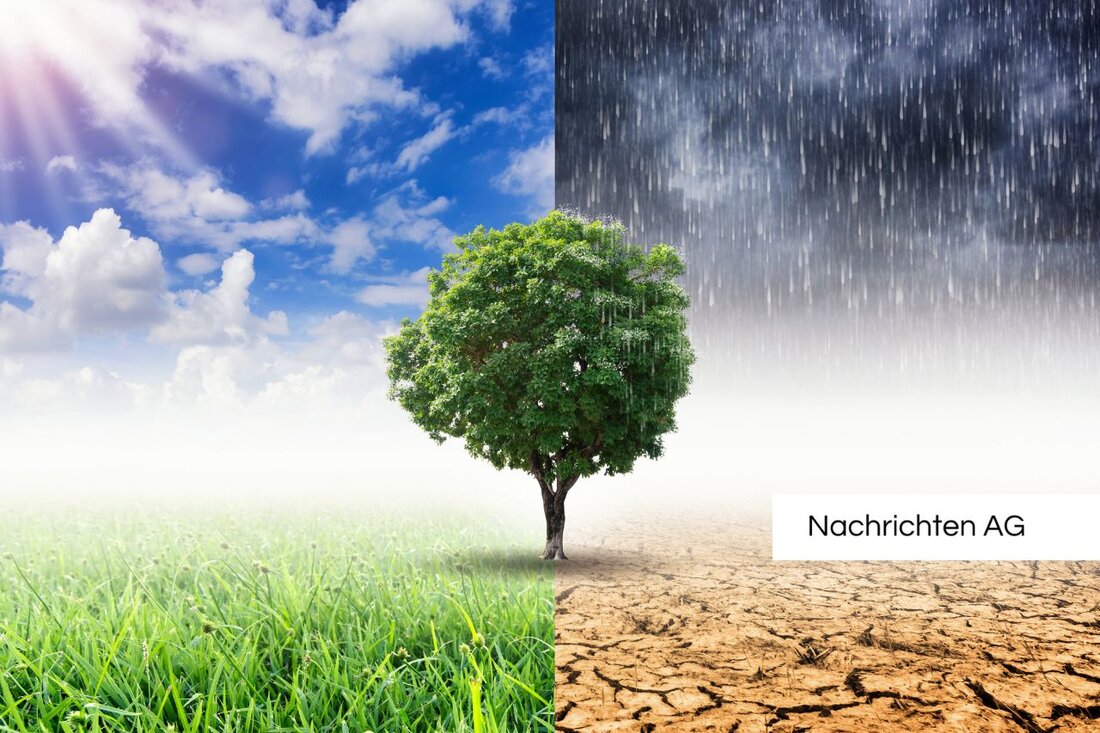Energy transition in deficit: Network conversion urgently required!
Discussion round at Radio Ö1 analyzes the system conversion of the power grid in Austria for the energy transition and emphasizes cooperation.

Energy transition in deficit: Network conversion urgently required!
On July 4, 2025, the "Pointeins" discussion round took place on Radio Ö1, which focused on the topic "Middle Network, Heat and Heat". Moderator di Dr. Peaceful Kupzog welcomed two experts: Di Gerhard Christiner from the APG and a representative of the AIT. In the show, the audience had the opportunity to bring their concerns by phone. A caller commented between minute 28 and 32 to urgent topics that affect the condition and future of the power grid.
The listener pointed out that it is not only necessary to adapt the network to the increasing green electricity requirement, but also a fundamental system conversion. He particularly criticized the inadequate communication between the transmission and distribution network operators. From minute 32 to 37, Kupzog, Christiner and the AIT expert agreed that the energy transition required fundamental system conversion. It was emphasized that the network conversion Bottom-up, i.e. from the lower levels of the operators, should be carried out here.
urgency of network cooperation
Christiner emphasized that a forward -looking, holistic plan for the power grid is missing in Austria. The network operators would have to switch to cooperation in order to find effective solutions. A central concern is also the financial scope of these adjustments for consumers who are affected by rising network fees. Such comments are of great importance in view of the current challenges for the entire electricity infrastructure.
The situation is not only critical in Austria. In Germany, too, the power grids face serious challenges. The energy transition process leads to new requirements for the power grid, which was originally designed for the transport of electricity from large power plants to consumers. With over 35,000 kilometers of existing infrastructure, managed by the four large transmission system operators Amprion, 50hertz Transmission, Tennet and TransnetBW, significant adjustments are necessary. The integration of electric cars, heat pumps and renewable energy sources such as wind and solar energy requires a fundamental realignment of the network operation.
targeted adjustments for the future
The challenges of the network expansion affect the middle and low-voltage networks, since over 90 % new facilities are decentralized. The role of these distribution networks becomes particularly important to ensure reliable power supply. However, the expansion is often perceived as a burden for nature and residents, and both the BDEW and the WWF appeal to the need for transparent and participatory planning. The network expansion should always be understood as the last average after all options for network optimization have been checked.
Nevertheless, the long -term goal remains: 80 % of the electricity should come from renewable energies by 2030, and the supply is to take place completely by the middle of the century. This is not only a challenge, but also a necessity in view of the climate goals and the risks associated with nuclear energy. The conversion of the power grid infrastructure is of central importance in order to optimize the feed and the transport of regeneratively generated electricity into consumer centers.
in all of all, it is made clear that there is an urgent need for action in both Austria and Germany. The conversions and new buildings of the power grids form the basis for a successful energy transition, which not only ensure ecological peace, but also must ensure supply stability. Econsws and [BDEW] (https://www.bdew.de/online-magazin-zoubaz. Wwf emphasizes the importance of citizen participation.

 Suche
Suche
